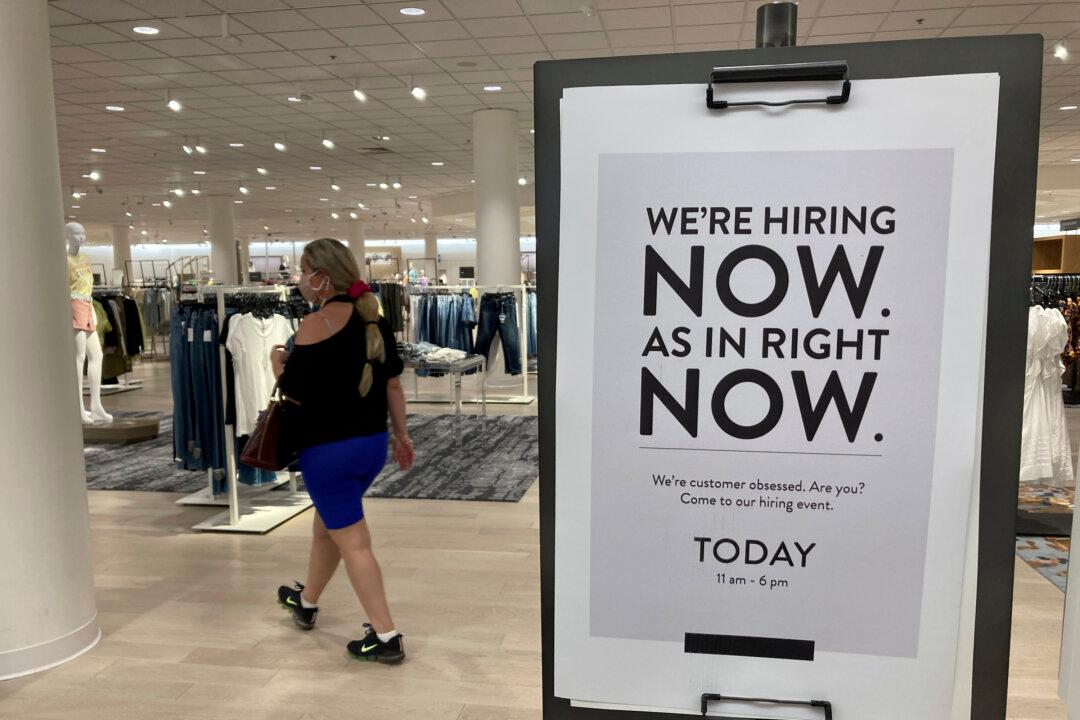The number of U.S. workers who filed for unemployment rose above expectations last week, hitting the highest level in over a month and casting doubt on the strength of the labor market recovery.
First-time filings for unemployment insurance—a proxy for layoffs—came in at 362,000 for the week ending on Sept. 25, an increase of 11,000 from the previous week, the Labor Department said in a statement (pdf). That’s the highest number of weekly claims since the week of Aug. 21, when they reached 354,000. The consensus forecast cited by FXStreet was for 335,000 claims.





